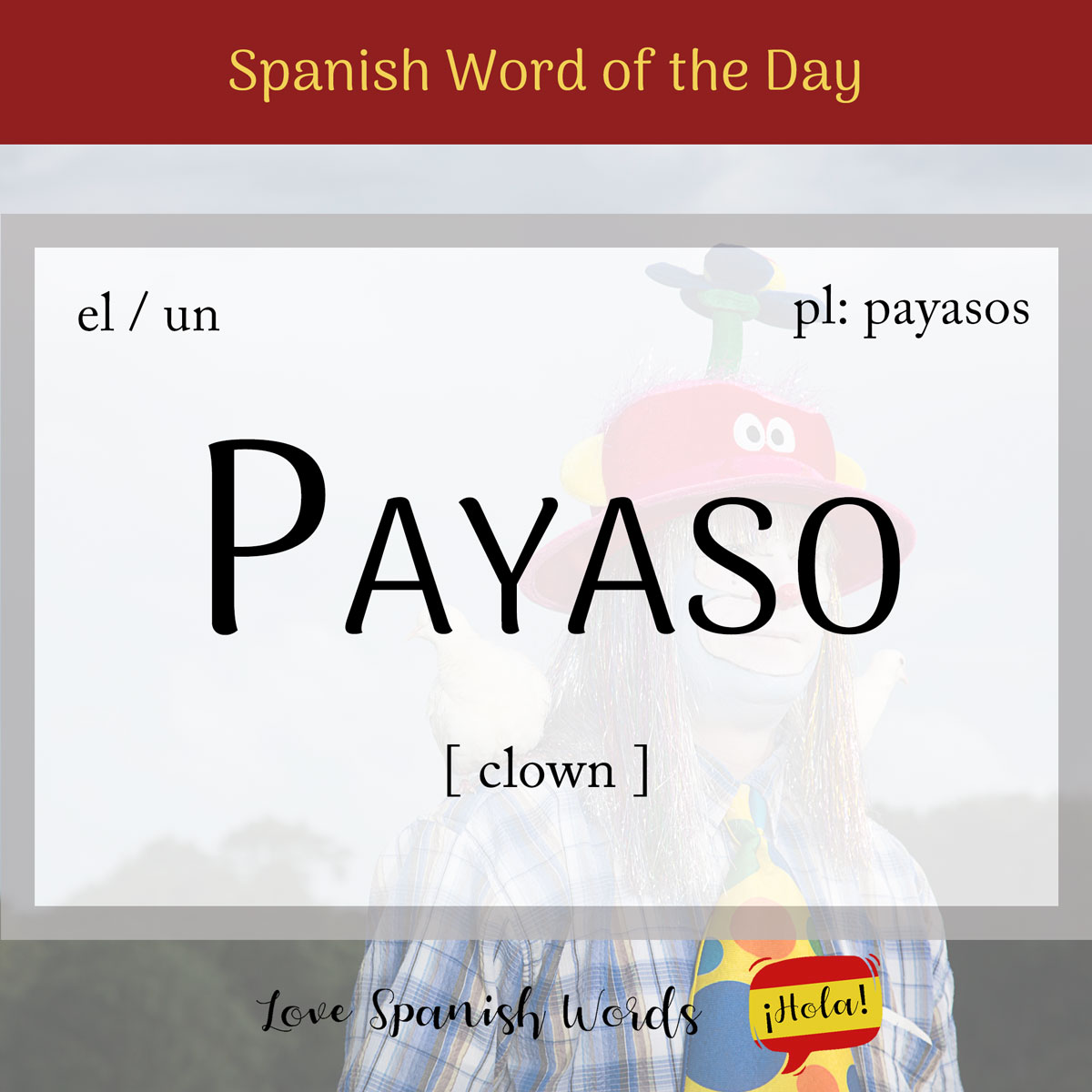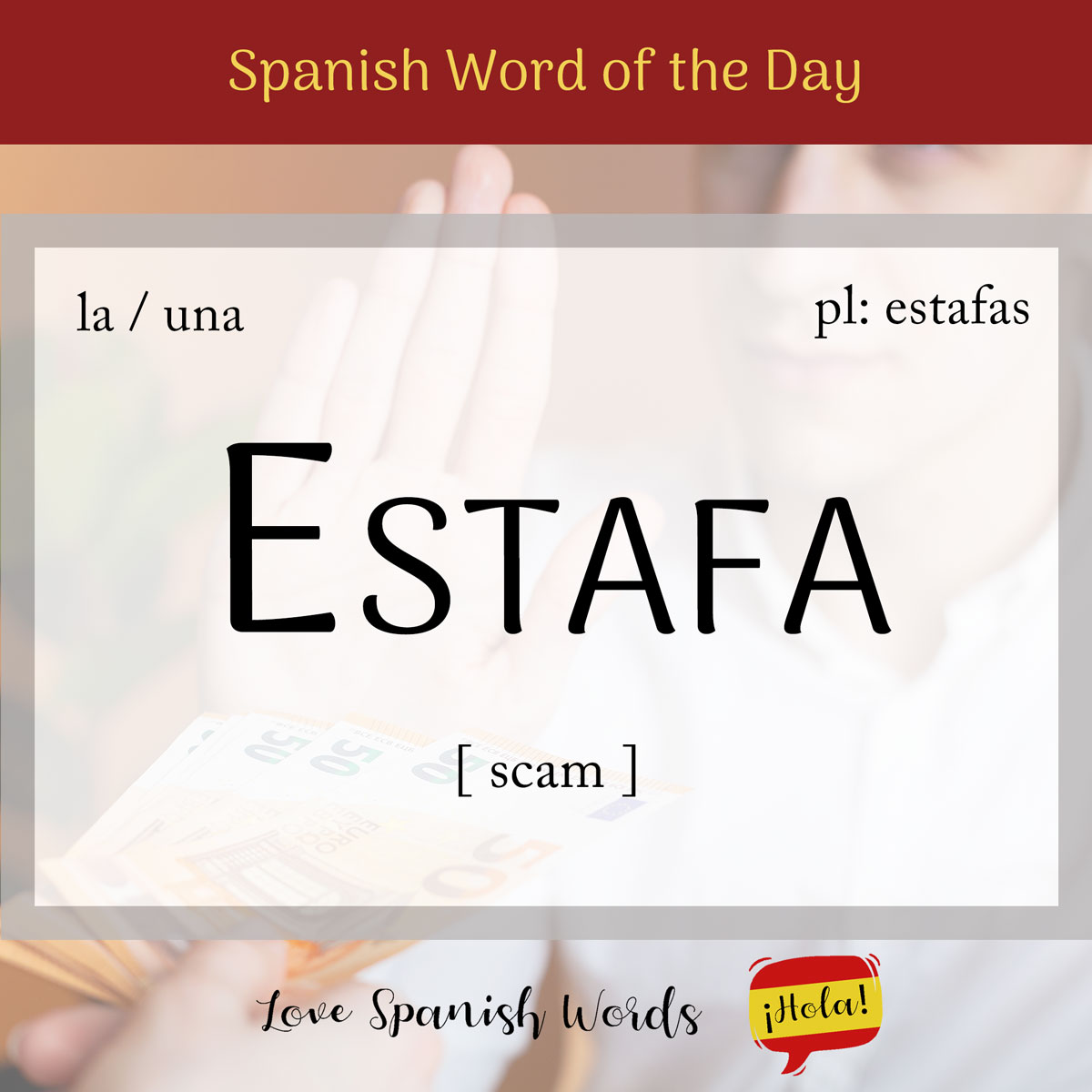Spanish Word of the Day: Payaso (clown)
Payasos, known as clowns in English, are lively characters who bring joy and laughter to audiences everywhere. These playful performers captivate both children and adults with their fun antics and vibrant, colourful costumes. Interestingly, not everyone shares the same love for them—some people are actually quite frightened by payasos, but we’ll get into that later! …






